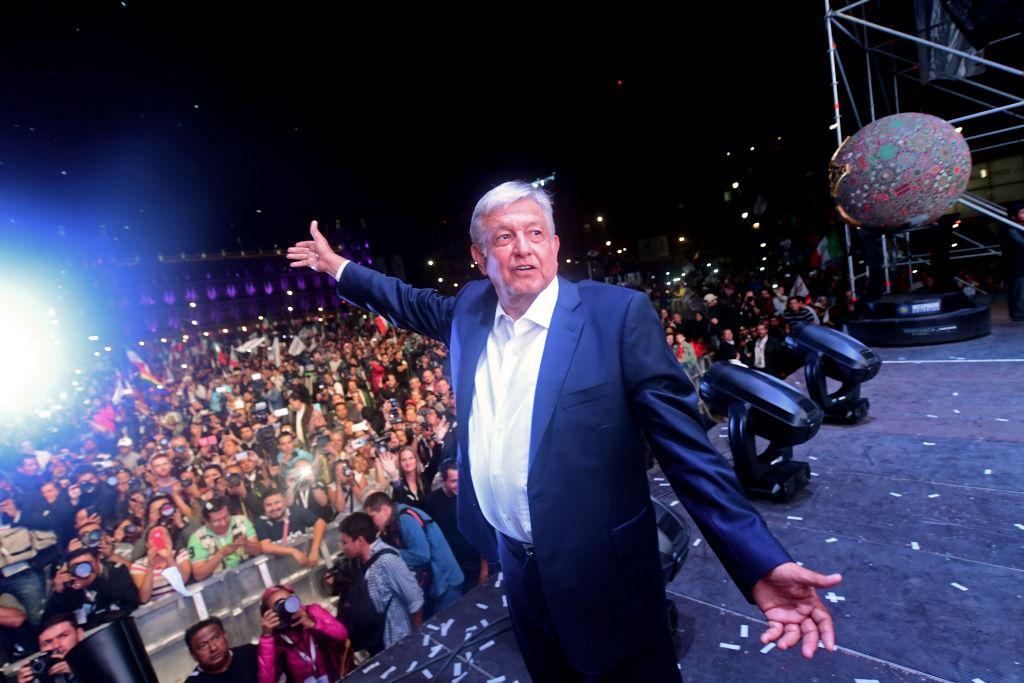Mexico’s leftist president-elect Andrés Manuel López Obrador says he is willing to work with President Donald Trump and reach a deal on the North American Free Trade Agreement (NAFTA), despite strongly criticizing his American counterpart during the Mexican presidential election. Experts, however, cast doubt on the leader’s ability to strike a deal in the short term.
López Obrador was elected on July 1 in a landslide victory. Prior to his election, López Obrador was very critical of Trump, calling him “erratic and arrogant.” He even wrote a book titled “Listen Up, Trump!” in which he slammed Trump’s immigration policies.





